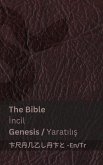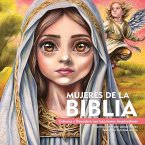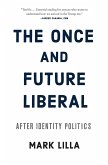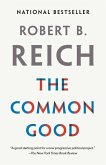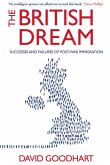Central to most forms of liberal social and political philosophy is the idea of the free and equal, self-governing person. And yet we do not come into the world as autonomous and accountable individuals; at best, this is the outcome of a long process of development and education which (in many societies) now extends throughout the first quarter of the average life. During this period of childhood, moreover, we are governed, not by ourselves, but by others. This dissertation examines the paradoxical position of children in liberal theory, who (as Locke put it) though not born in a state of freedom and equality, are born to it. In particular, the dissertation's three parts examine three interrelated questions. First, what is the basis of the paternalistic authority that is exercised over children? Second, what is the moral basis of the special rights of parents over particular children? And third, when
Hinweis: Dieser Artikel kann nur an eine deutsche Lieferadresse ausgeliefert werden.
Hinweis: Dieser Artikel kann nur an eine deutsche Lieferadresse ausgeliefert werden.



